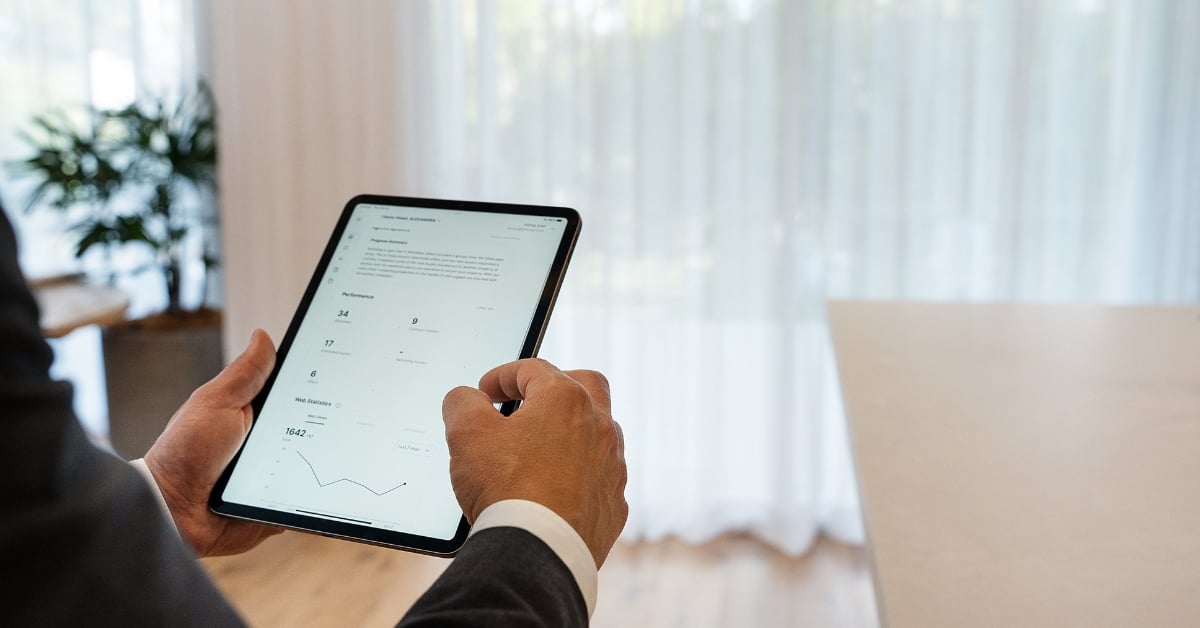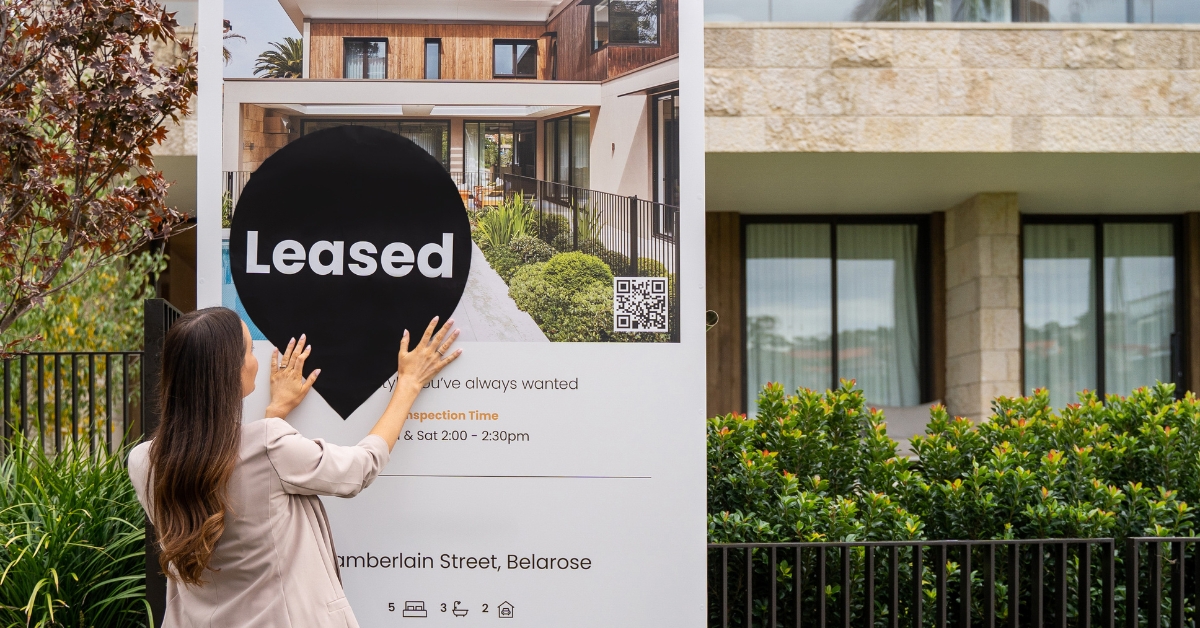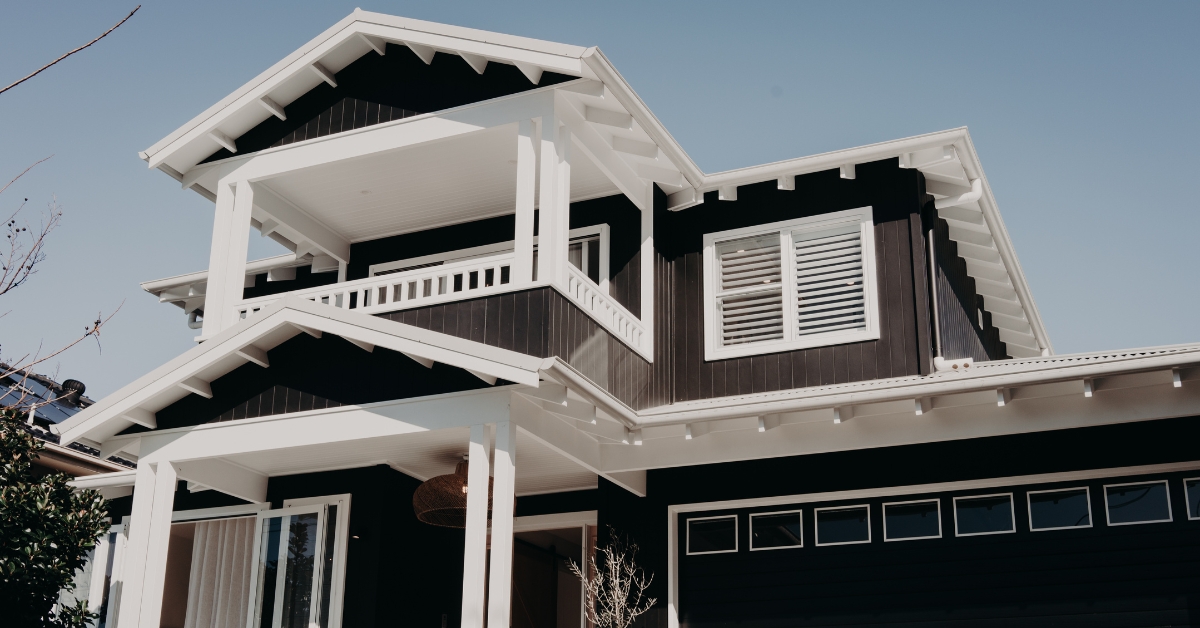Eco-Friendly Investments: Green Properties and Sustainability
.jpg?width=1112&height=582&name=Blog%20Template_Eco-Friendly%20Investments%20Green%20Properties%20and%20Sustainability%20(1).jpg)
It's crystal clear that investing in eco-friendly housing is no longer just a trend - it's a necessity. With climate change knocking on our door and environmental issues hitting the headlines daily, green property investments come as a way for investors to future-proof their portfolio while also doing their part in creating a more sustainable future.
From solar panels to smart thermostats, green features are becoming must-haves for homebuyers and renters alike. Here are some of the benefits of investing in sustainable real estate and the positive impacts these investments have on the environment and community.
Introduction to sustainable real estate
Sustainable real estate refers to properties designed, constructed, operated, and maintained with a focus on environmental sustainability, resource efficiency, and social responsibility.
These properties incorporate a variety of sustainable features and practices aimed at minimising their environmental impact while making for a more energy-efficient home.
Investing in eco-friendly real estate has been gaining popularity in Australia, driven by a combination of environmental awareness, government incentives, and market demand for sustainable properties. Moreover, these eco-conscious features promise lucrative returns for investors.
Benefits of investing in green properties
Investing in eco-friendly properties can bring a host of benefits that go beyond simply feeling good about helping the environment. Here are some reasons why investors are interested in green real estate:
1. Improved energy efficiency = lower costs
Eco-friendly properties are designed to be more energy-efficient, which naturally translates into lower utility bills for both homeowners and tenants. With features like solar panels, energy-efficient appliances, and smart thermostats, you can significantly reduce your monthly expenses and increase your cash flow. Living in a Green Star-rated home will typically reduce your energy consumption by 56-60%, equating to energy bill savings of $90-$140 per month.
2. Higher rental yields and property values
Eco-friendly properties tend to have higher resale values compared to conventional properties. As the demand for sustainable living spaces grows, so does the value of eco-friendly properties. Investing in an eco-friendly property can potentially increase your property's value over time, offering a solid return on investment.
These days, more and more tenants are looking for energy-efficient homes that have sustainable features such as solar panels and places to charge electric cars. Investors who want to attract and retain good tenants should think about ways they can make their rental property stand out to attract higher rental yields.
By investing in an eco-friendly property, you can attract a broader pool of potential tenants and buyers, reducing vacancy rates and increasing demand for your property.
3. Enhanced marketability
There's a clear uptrend in the demand for sustainable properties due to increased environmental awareness and concerns about climate change. As more people prioritise sustainable lifestyles, the demand for eco-friendly properties continues to rise. This growing demand creates a robust market for green properties, making them highly marketable to potential buyers and tenants.
An eco-friendly home or a property that is fitted with sustainable features sells faster and for more money.
4. Long-term cost savings
Sustainable homes require less energy to heat and cool, enhancing occupant comfort. They are also more resilient to climate and weather extremes, future-proofing your investment. Eco-friendly properties are often built with resilient and sustainable materials, making them more durable and less susceptible to environmental risks. So, investing in eco-friendly properties now can protect your investment from future compliance costs and potential devaluation of non-green properties.
5. Tax incentives
There are many tax incentives and government rebates for eco-friendly upgrades and renovations. By investing in an eco-friendly property, you may be eligible for tax credits, deductions, or other financial incentives, further increasing your savings and returns. For example, if you own an energy-efficient home, the Australian Taxation Office (ATO) will reward you by helping you reduce your overall taxable income. If you’re a property investor, you can claim tax depreciation if you retrofit your property with sustainable features.
There are also some lenders who reward borrowers for choosing to build or buy a more environmentally friendly energy-efficient home. These loans may come with lower interest rates, reduced fees, or higher loan-to-value ratios, making them more affordable and accessible for borrowers looking to invest in sustainable real estate.
6. Positive impact on the environment and community
Our homes already create about 13% of Australia's greenhouse gases. According to Sustainability Victoria, if our population keeps growing as it is, reaching the estimated 31 million people by 2030, we'll need to build up to 197,000 new homes each year. Whether these homes help or harm our planet depends on what we decide.
Choosing a green building investment is not just about making money; it's about making a positive contribution to the environment and society. By supporting green building practices, investors can play a role in creating healthier, more livable communities while addressing pressing environmental challenges. By reducing energy consumption, conserving water, and minimising waste, eco-friendly properties help mitigate climate change and preserve natural resources for future generations.
Investing in eco-friendly properties not only promises financial returns but also contributes to a sustainable future for our planet. As the demand for green living spaces continues to rise, investing in sustainable properties presents an opportunity for investors to make a positive impact while achieving their financial goals.
DISCLAIMER - The information provided is for guidance and informational purposes only and does not replace independent business, legal and financial advice which we strongly recommend. Whilst the information is considered true and correct at the date of publication, changes in circumstances after the time of publication may impact the accuracy of the information provided. LJ Hooker will not accept responsibility or liability for any reliance on the blog information, including but not limited to, the accuracy, currency or completeness of any information or links.
Transform your portfolio with sustainable property investments
Sign up for a free property management appraisal today and let us guide you to eco-friendly investments that promise growth and sustainability



